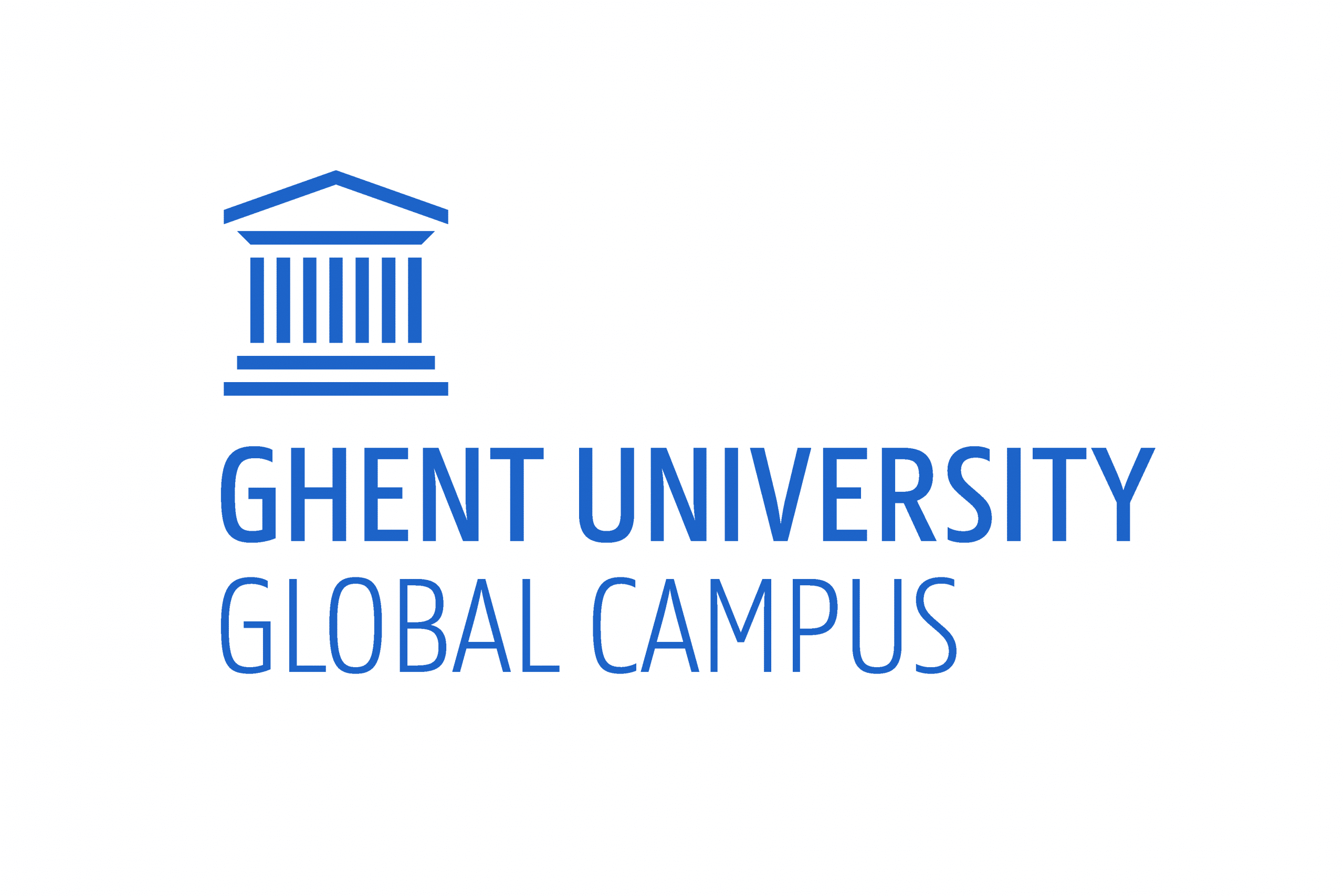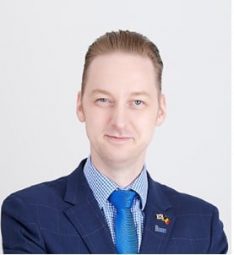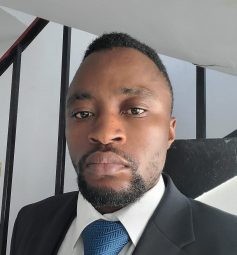Presentation
Ghent University Global Campus (GUGC) opened in September 2014, is accredited by both the Ministry of Education of Korea and the Accreditation Organization of the Netherlands and Flanders of Europe.The Chinese Ministry of Education has also included Ghent University Global Campus on its list of authorized foreign educational institutions. GUGC offers three bachelor’s degree programs in life sciences (Environmental Technology, Food Technology and Molecular Biotechnology) with 5 main research centres: Plant Biotechnology Research Centre, Centre for Food Chemistry and Technology, Centre for Environmental and Energy Research, Centre for Biotech Data Science, Centre for Biomedical Research.
Centre for Environmental and Energy Research
The centre was established in 2015 with the aim to deliver scientific outcomes that will have a real impact on consolidation of environmental issues, themes and topics, achievable under one umbrella highlighting the interconnectedness and the interdisciplinary nature. With a focus on knowledge transfer and information dissemination, CEER targets the nano-scale development of new materials and nano-structures for the next generation of advanced functional devices and processes which enable solutions for various environmental and energy problems. The Engineering of Materials via Catalysis and Characterization (EMCC) group is a part of CEER, where heterogeneous catalysis is the basic key in material science and understanding. Environmental applications are envisaged via kinetic modelling processes, such as sugar conversion into platform chemicals and heterogeneous photocatalysis for pollutant degradation in (surface) waters. Next to these catalytic applications, part of the research is focusing on the conversion of waste seaweed into hydrochar and activated carbon, which has extensive usage in agricultural applications and purification methodologies.
Main tasks in ELECTRO
In ELECTRO, UGKOR will be providing and characterising mix plastic wastes samples and carry out techno-economic analysis & communication actions for replicating results in ROK.

Key people on the project
Philippe M. Heynderickx (Associate Professor) is a Professor at the Department of Environmental Technology, Food Technology and Molecular Biotechnology, Ghent University Global Campus (GUGC), Korea and also a member of the Faculty of Bioscience Engineering, Department of Green Chemistry and Technology, Ghent University. His research areas are Catalysis, Kinetic studies, Modelling and Engineering where he focuses on mathematical description of physical and chemical processes, i.e., modeling of physical and chemical processes. Also involved in the development, construction and implementation of intrinsic kinetic models applicable in ‘green chemistry’ conversion, environmental sensors, catalysis and energy storage. The prediction of catalyst material behavior with respect to conversion and selectivity. He is (co-)author of +60 publications in high-impact journals (average impact factor = 9.2) and he has presented his research on both national and international important conferences.
He received the Young Scientist Award on the 14th International Congress on Catalysis (ICC) in Seoul, Korea (2008).
He is involved in the eLECTRO project via GUGC, which is supported by National Research Foundation of Korea (NRF) (Grant No: 1711173852). Collection of mixed waste plastic and characterization with subsequent LCA (for feasibility in South Korea) are the main targets of this research.

Clovis Awah Che is a Post Doctoral researcher in the Centre for Environment and Energy Research, Ghent University Global Campus (GUGC), Korea. Area of expertise includes Biotechnology and bioenergy, bioprocessing, waste management, plastic waste upcycling technologies including Hydrothermal carbonization and Pyrolysis.
Dr. Che is working on the collection of mixed waste plastic and characterization with subsequent LCA (for feasibility in South Korea). In addition, he works together with local Korean companies for the waste collection and corresponding organization and administration. He supervises also undergraduate students who work on the project during winter and summer break vacations.

